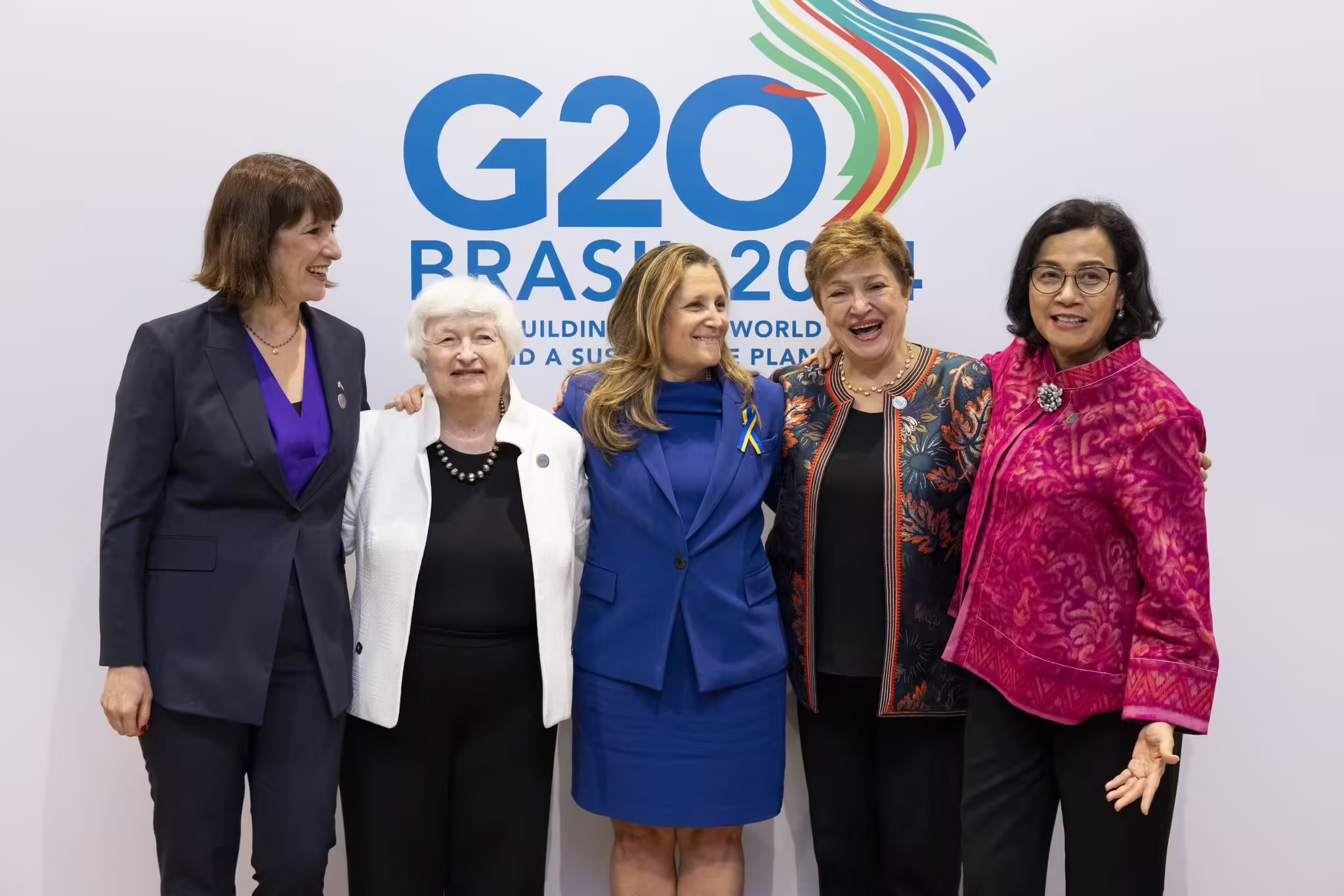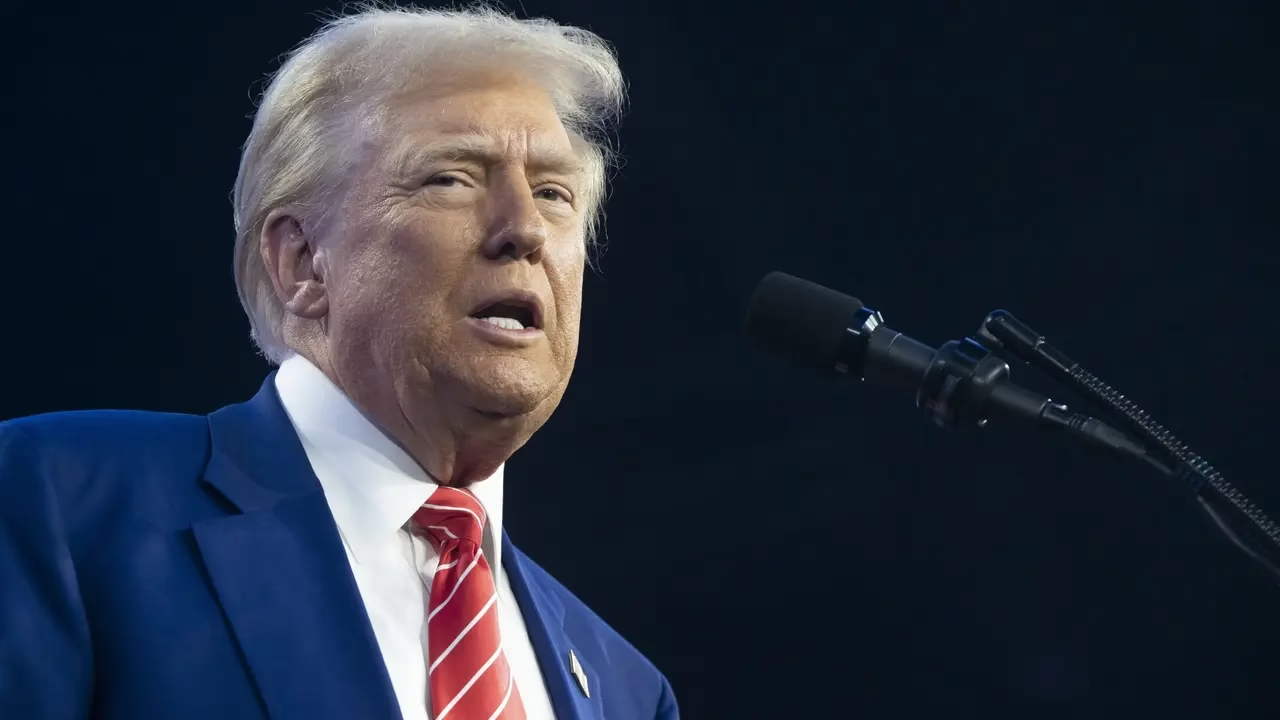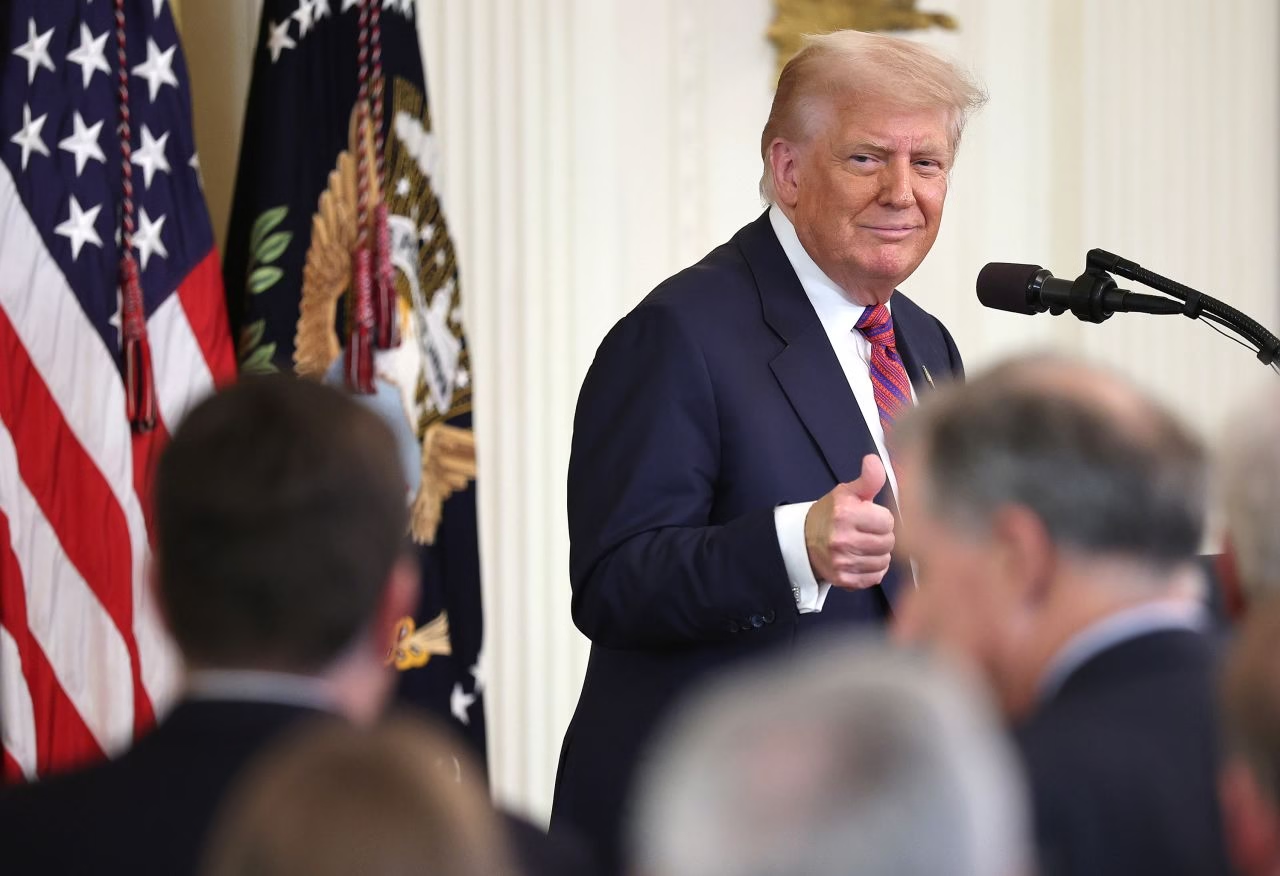With growing global inequality as a backdrop, G20 finance ministers are set to address the contentious issue of taxing the super-rich during their meeting on Thursday. This topic has sparked significant debate among member states.
As this year’s chair of the G20, Brazil’s leftist President Luiz Inacio Lula da Silva has prioritized discussions on taxing billionaires. In an afternoon session, Lula and other leaders will explore strategies to address the disparity in wealth distribution.
Lula highlighted the urgency of the issue, stating, “Some individuals control more resources than entire countries,” during the launch of an initiative to combat world hunger. He criticized current tax systems as being regressive at the highest income levels.
A recent Oxfam study reveals that the richest 1% have amassed over $40 trillion in the past decade, yet their tax rates remain historically low. French economist Gabriel Zucman, a G20 consultant, reported that billionaires’ effective tax rate is only 0.3% of their wealth. He advocates for a tax rate of 2% on their fortunes.
Despite this, not all G20 countries support the proposal. US Treasury Secretary Janet Yellen has opposed international tax negotiations, and Germany’s finance ministry has dismissed the idea of a minimum wealth tax as “irrelevant.” Support for the initiative comes from France, Spain, South Africa, Colombia, and the African Union.
The finance ministers will also address global economic conditions and other pressing issues such as climate transition financing and debt management. Founded in 1999, the G20 brings together 19 of the world’s largest economies, the European Union, and the African Union. Originally focused on economic matters, the G20 has expanded its agenda to include various global challenges, though member states often disagree on which issues should be prioritized.
Brazil’s presidency noted that while some members see conflicts like those in Ukraine and Gaza as affecting the global economy, others believe such issues should not be addressed by the G20. This internal division has complicated efforts to produce a joint communiqué, with the last meeting in São Paulo failing to deliver one.



